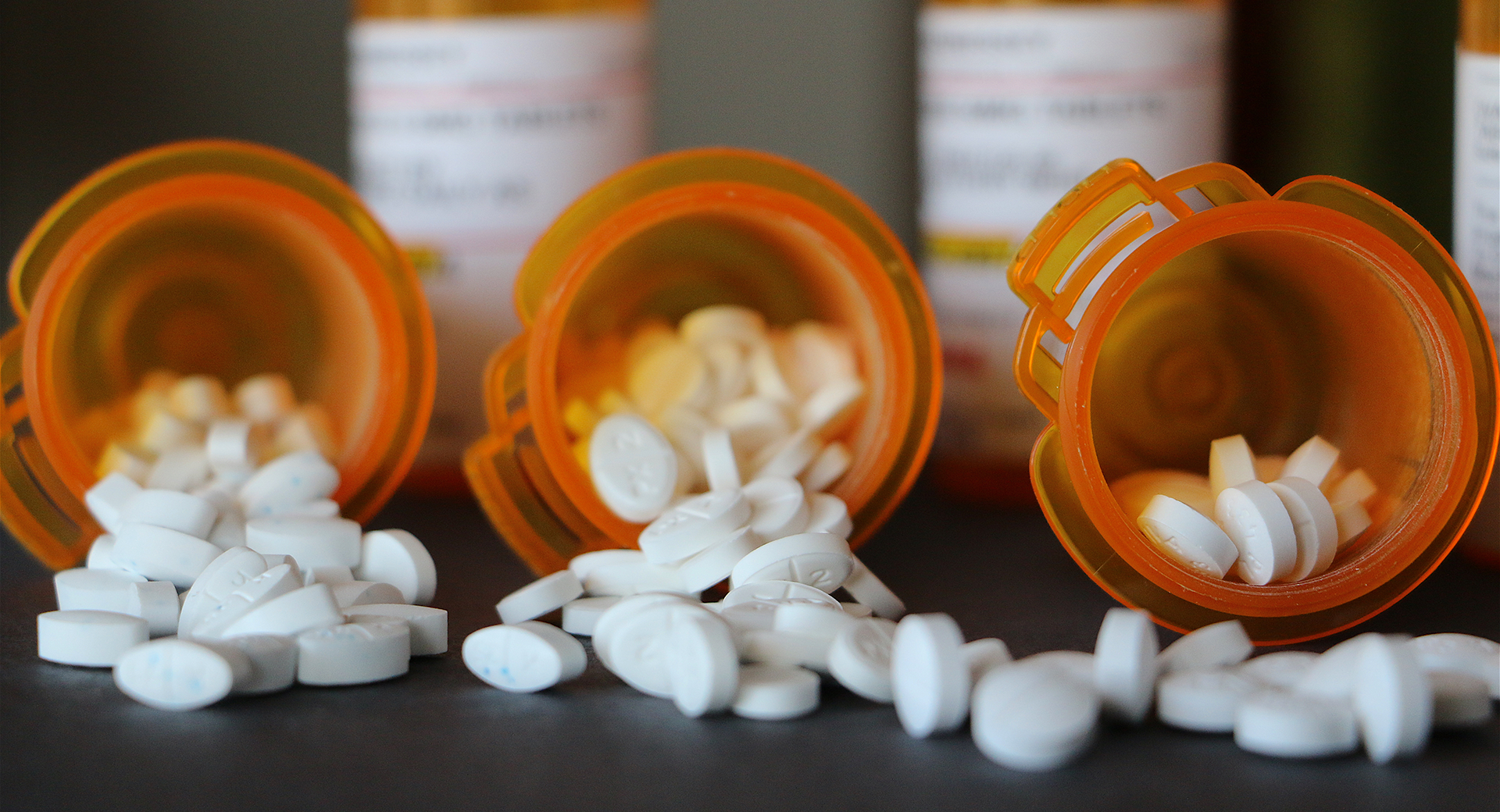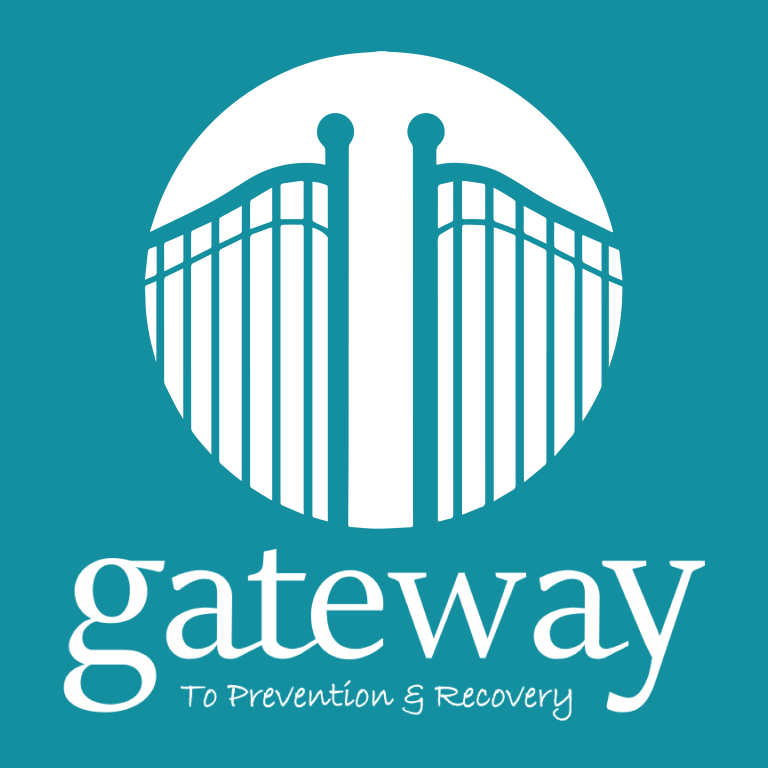
In 2019, nearly 50,000 people in the United States died from opioid-involved overdoses. The misuse of and addiction to opioids—including prescription pain relievers, heroin, and synthetic opioids such as fentanyl—is a serious national crisis that affects public health as well as social and economic welfare. The Centers for Disease Control and Prevention (CDC) estimates that the total "economic burden" of prescription opioid misuse alone in the United States is $78.5 billion a year, including the costs of healthcare, lost productivity, addiction treatment, and criminal justice involvement. Nationwide efforts to reduce the amount of overdoses by opioids over the past five years had seen very positive efforts, however, overdose deaths have risen since the COVID-19 Pandemic began. The CDC reported the following data from May 2019 through May 2020:
- A health alert was issued in December indicating a significant increase in overdose deaths from May 2019 through May 2020, including concerning trends during the first months of the COVID-19 pandemic.
- 81,230 people in the United States died of a drug overdose in just one year (May 2019-May 2020).
- This is the largest number of drug overdoses on record in the United States within a one year period and an 18 percent increase in deaths from the previous year.
- The increase in drug overdose deaths appeared to begin prior to the COVID-19 health emergency, but accelerated significantly during the first months of the pandemic.
The Drug Enforcement Administration (DEA) has played a very important part of battling the opioid crisis. In 2010, they created an initiative called the “National Prescription Drug Take Back Day” that takes part nationwide. This event takes place the last Saturday in April and the last Saturday in October each year. Here are some amazing statistics reported from the last take back event in October 2020:
- DEA collected a record amount at its last Take Back Day, making it the largest collection since the program began in 2010.
- With 4,153 law enforcement participants at 4,587 collection sites, the event brought in a total weight of 985,392 pounds (492.7 tons).
- This brings the total weight to 13,684,848 pounds – more than 6,842 tons – of prescription drugs collected in the history of the program.
April 2021 marks the 20th Take Back Day event in the history of the ten-year initiative. Gateway to Prevention and Recovery, along with many other community and law enforcement partners, will be a part of this initiative, hosting several sites throughout Pottawatomie County. Here are some important things you need to know:
- Information for DEA’s spring National Prescription Drug Take Back Day is available at www.deatakeback.com.
- The National Prescription Drug Take Back Day aims to provide a safe, convenient, and responsible means of disposing of prescription drugs, while also educating the public about the potential for abuse of medications.
- The initiative addresses a vital public safety and public health issue. Medicines that languish in home cabinets are highly susceptible to diversion, misuse, and abuse.
- Collection sites will adhere to local COVID-19 guidelines and regulations in order to maintain the safety of all participants and local law enforcement.
- Given the ongoing COVID-19 public health emergency, DEA wants to ensure that the public is aware of other ways they can dispose of unwanted prescription drugs without having to leave their homes. More information is available here: www.deatakeback.com.
- Every day is Take Back Day. In addition to DEA’s National Prescription Drug Take Back Day, prescription drugs can be disposed of at any of the 11,000 authorized collectors at any time throughout the year. For sites, visit: https://apps2.deadiversion.usdoj.gov/pubdispsearch/spring/main?execution=e1s1.
- DEA also encourages the public to reach out to their local law enforcement to find out if they have any permanent drug disposal locations throughout their local community.
- Rates of prescription drug abuse in the United States are alarmingly high, as are the number of accidental poisonings and overdoses due to these drugs. Studies show that a majority of abused prescription drugs are obtained from family and friends, including from the home medicine cabinet.
- Helping people to dispose of potentially harmful prescription drugs is just one way DEA is working to reduce the addiction rates and overdose deaths plaguing this country due to controlled prescription medications.
- DEA will continue to accept vaping devices and cartridges at any of its drop off locations, as long as the lithium batteries are removed. DEA is doing all it can to help dispose safely of vaping devices and liquids to get these products off our streets and out of the hands of children.
- DEA and its partners will collect tablets, capsules, patches, sealed liquids, and other solid forms. Intravenous solutions, syringes and other sharps, and illegal drugs will not be accepted.
- This service is free and anonymous, no questions asked.
Do your part by properly disposing of any expired or unused medications. Visit www.dea.gov for questions about prescription medications.
